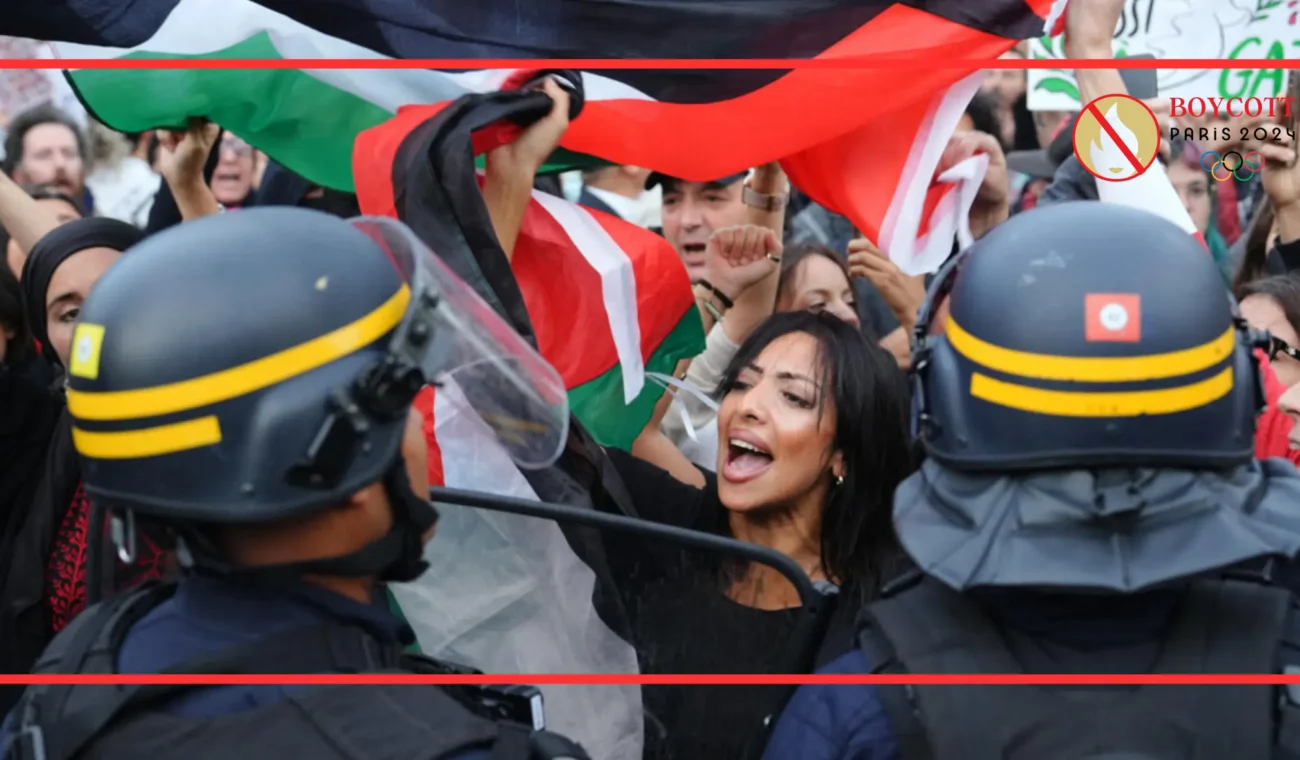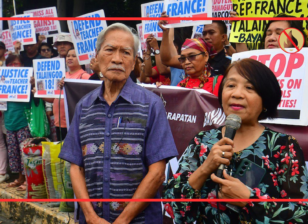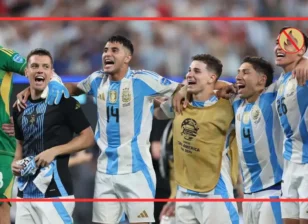France’s human rights landscape: Amnesty International’s warning of ongoing erosion
FRANCE-It specifically included crackdowns on demonstrations against the government’s controversial pension reform, plans to construct “mega-basin” water reservoirs in rural France, and the Gaza War, which resulted in arrests and the use of force during rallies. According to Amnesty International’s 2023 annual report, the government suppresses civil freedoms and engages in systematic racism and discrimination. “French authorities repeatedly imposed excessive, disproportionate, and illegitimate restrictions on the right to demonstrate,” the study stated.
Freedom of expression under threat
Persistent systemic racism and religious discrimination continued, targeting Muslim women and girls in particular. Racial profiling persisted unchecked. Protest limitations that were too onerous and police brutality persisted. Following the death of a 17-year-old teenager of Algerian heritage at a traffic check by police, there were widespread demonstrations and rioting.
There were several reports of violent attacks and graffiti that was anti-LGBTQ, xenophobic, and racist. Parliament approved contentious new rules that imposed discriminatory limitations on immigration, nationality, and asylum as well as allowing law enforcement to utilize mass video surveillance technologies. The government was advised to “seriously address the deep issues of racism and discrimination in law enforcement” by the UN human rights office, OHCHR. In order to address “the structural and systemic causes of racial discrimination, including in law enforcement, in particular in the police,” the CERD Committee urged France to act.
Discrimination and marginalization
Mosques, synagogues, and cemeteries were the targets of racist attacks all year long; these attacks frequently included racial slogans and images endorsing radical political organizations. There were further attacks reported following the uptick in violence between Israel and the occupied Gaza, with antisemitic and Nazi symbols being painted on walls and in schools.
Concerns over discriminatory stereotypes that persist and high unemployment rates among older women, women with disabilities, women from ethnic or religious minorities, and undocumented migrant women were raised by the CEDAW Committee. The Council of State decided that the French Football Federation may continue its discriminatory policy, which essentially forbade Muslim women and girls players who wore religious headgear from competing, despite the Public Rapporteur’s suggestion to the contrary. 69 teams demanded in October that the French Federation for Basketball lift its discriminatory restriction on female players wearing religious headwear.
Police brutality and accountability
The minister of sports said that female athletes representing France in the 2024 Summer Olympics in Paris may not wear religious headgear. The OHCHR expressed disapproval of this ruling, declaring that “no one should impose on a woman what she needs to wear or not wear” and alerting people to the detrimental effects of such discriminatory actions.
The education minister issued a formal bulletin to school directors that forbade the wearing of qamis and abayas in any public institution. These phrases apply to a variety of loose-fitting clothes, but the bulletin did not define them. After a week of the prohibition, police stations were set up outside several schools, depriving numerous Muslim girls of their right to an education and against discrimination.
Migration policies and refugee rights
During a traffic stop, a police officer shot and unjustly murdered Nahel M, a 17-year-old French teenager of Algerian origin. The murder provoked a national outcry against the use of fatal force, impunity, and institutionalized racism in French law enforcement. Large-scale demonstrations and turmoil ensued.
Military personnel were stationed alongside law enforcement in certain regions. Following the demonstrations and turmoil, at least 32 inquiries were opened regarding instances of police officers using excessive force. After being struck with less lethal weapons, other persons suffered severe injuries, some of which resulted in permanent disfigurement, while delivery driver Mohamed Bendriss lost his life.
Racism in France: Boycott paris olympics 2024
The erosion of civil freedoms and persistent racism in France, highlighted by Amnesty International, led to widespread protests and international concern. Discriminatory policies, attacks on religious and ethnic minorities, and police brutality fueled calls to boycott the 2024 Paris Olympics. France’s failure to address these issues jeopardizes both its global reputation and the safety of Olympic attendees.
Conclusion
In conclusion, The Cergy-Pontoise administrative court maintained the “public order” prohibition against a celebration honoring the anniversary of Adama Traoré’s death while in jail. Youssouf Traoré, the brother of the late Adama, was gravely hurt by police during their brutal arrests. The court affirmed the prohibition on a future demonstration against systemic racism and police brutality, noting the potential for public disorder in the aftermath of Nahel M. ‘s death.





